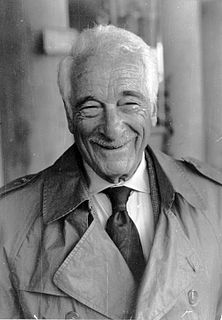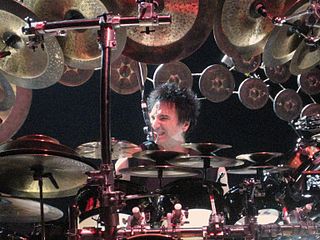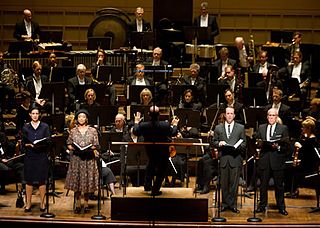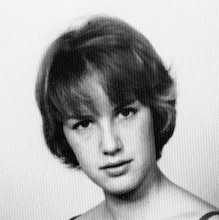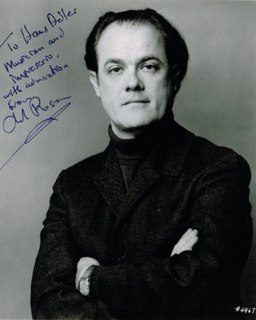A Quote by Dmitri Shostakovich
Stravinsky the composer I worship. Stravinsky the thinker I despise.
Quote Topics
Related Quotes
The composer Stravinsky had written a new piece with a difficult violin passage. After it had been in rehearsal for several weeks, the solo violinist came to Stravinsky and said he was sorry, he had tried his best, the passage was too difficult, no violinist could play it. Stravinsky said, 'I understand that. What I am after is the sound of someone trying to play it.'
Most of us are searching-consciously or unconsciously- for a degree of internal balance and harmony between ourselves and the outside world, and if we happen to become aware-like Stravinsky- of a volcano within us, we will compensate by urging restraint. By that same token, someone who bore a glacier within them might urge passionate abandon. The danger is, as Bergman points out, that a glacial personality in need of passionate abandon may read Stravinsky and apply restraint instead.
[Phil wood] put on some [Igor] Stravinsky and say to follow the score, tell me to play me the opening to the Rite of Spring. Or, "I'm going to play you some 20th century obscure classical composer you don't know". Or, "Let's listen to some Charles Ives, let's sight read some Bartok violin duets", etc.
People are interested in certain ideas, in certain periods, and then that moves, and okay, now people are more interested in studying this, and there is no perfect balance, and how would you know what the perfect balance is? I mean, what does it mean to have too many Beethoven chairs and too few Stravinsky chairs? I mean, that's kind of a value judgment that isn't really based on humility. We don't know what the optimum number is, so let people figure this out on their own. People are more interested in Beethoven than Stravinsky? Great! Why would that bother me?


